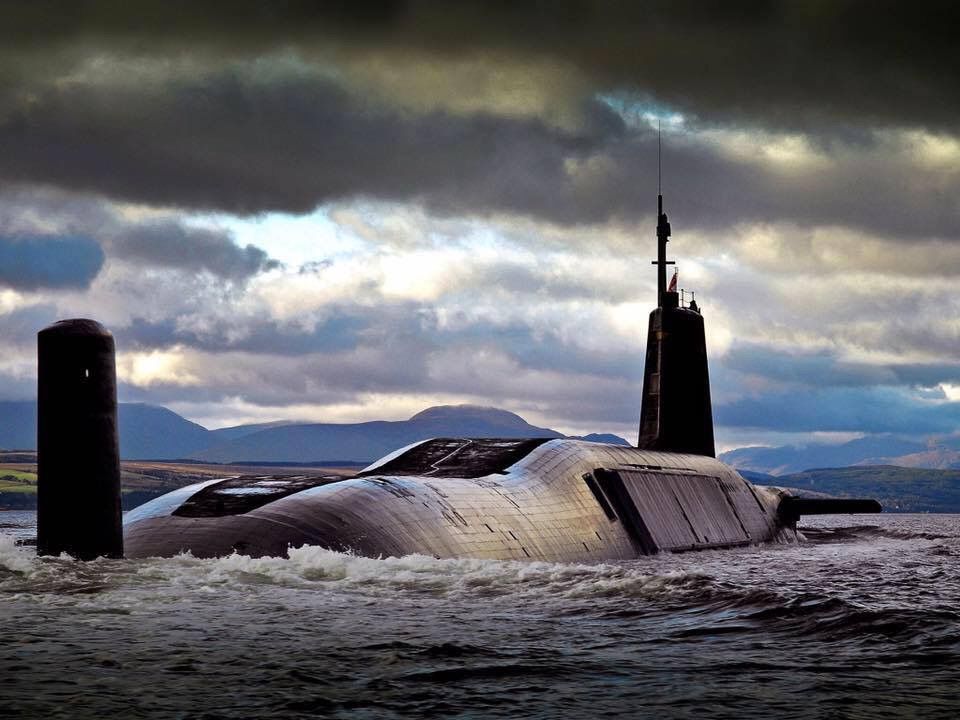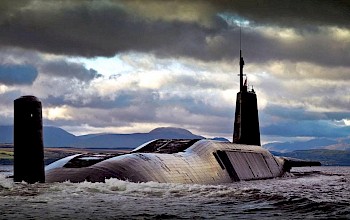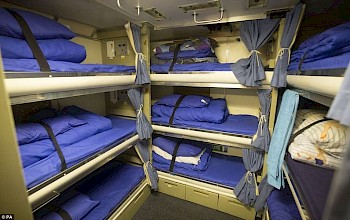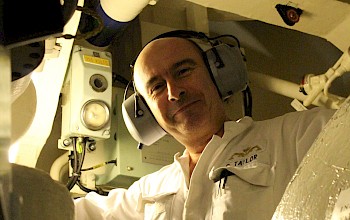"Guardians of Peace: Insights from the Strategic Maritime Mission" by Charlie Taylor
20 April 2024
“For my entire Naval career, now in its 38th year, I have been part of CASD – continuous at sea deterrent- initially on the Resolution class Polaris armed boats and then the Vanguard class Trident armed submarines, which are to be replaced by the Dreadnought class currently under construction. Much of what I do is confidential, but I thought I would share with you what I can about what it is like to live and work on a Royal Navy (RN) boat for months at a time.” - WO1 ET(MESM) Charles Taylor.
Always a Boat at Sea…
The RN has been delivering Operation Relentless since 1969, making it the longest ever UK military operation. For over 50 years, the RN has fulfilled this role: always a boat at sea, ready 24/7, to deliver its mission if needed.
The boats normally operate with 2 rotating crews. After completing its patrol, the ‘on crew’ will hand over to the ‘oncoming crew’. There is then a period of handover and training, followed by a maintenance period. Then, after the maintenance period and following completion of sea training, where a specialist team put the crew through its paces, it’s time to get out and relieve the on patrol boat!
For a marine engineer, which is my role, the maintenance period is the most difficult part of this cycle. The complexity and volume of maintenance undertaken in a short period in order to return the boat to sea in the best material state is a challenge for the marine engineering dept, the base and the UK wide submarine enterprise. Engineering milestones have to be met before a final assessment and sea clearance granted.
Routine
My longest patrol was 143 days dived, with four weeks dived training prior to that. At that time this was a duration record, although it has been broken several times since (and by a significant amount). so how do we manage living and working in a huge steel tube far away from home for so long? In short, routine is key to coping with such long durations at sea.
The ship’s company work in rotas or watches, which brings regular routine with a watch-keeping station. As a Cat A2 Nuclear Plant Supervisor, I am responsible for the start-up, operation and shut down of the reactor and propulsion plant. This means 7-8 hours a day in 2 shifts, one day and one night, making sure all is well with our underwater power plant. But what do you do when you’re off watch?
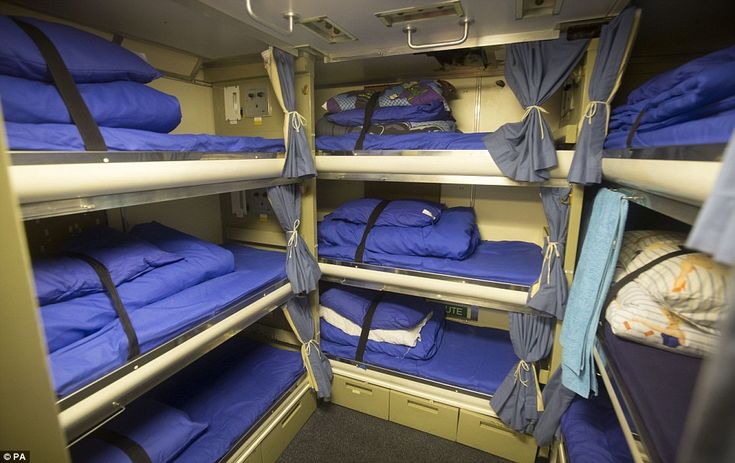
There is a well-equipped gym with various machines which can be used 24/7. You can watch movies in the mess, but more often you will find crew curled up with their tablet in their rack, or bed, which is your only private place to get away from everyone and everything else, curtains closed and binging on boxsets! Most of the crew will also be studying for career examinations and so time is spent working towards those.
The boat is huge, 3 decks for the most part and 4 decks in the missile compartment. The forward part is carpeted and although slippers are not allowed, the carpet does reduce some of the crew noise… and on a submarine it’s all about being quiet! The lights are always on, except in the sleeping areas where they are always off. Underwater there is no TV, internet or social media. Occasionally, if lucky, we get some radio.
Food
Always the focal point of the day and, as with everything else in the Navy, it also follows a routine! Wednesday night: curry night, Friday night: fish and chips, Saturday night: steak night, Sunday: roast for lunch and homemade pizza for supper. The chefs get some creative license for the rest of the week.
Communications
How do we communicate? Communication is one-way: listen- yes, transmit-no. Remaining undetected is a patrol objective, so we can receive radio info (primarily to receive a firing message from the Prime Minister) and this gets tested at least once a week in a WSRT (weapons system readiness test). In a WSRT we go to Battle stations and simulate a launch of the missiles, checking all is well with the Trident Strategic Weapons system, the main reason for our being.
But we receive other radio traffic as well, including messages from home. Each member of the crew can receive one 80 word or two 40-word messages from home a week. When the messages arrive, they are read by several people, including the Captain, before the little brown envelope appears in your pigeon hole in the mess. Messages are vetted in this way because bad news is not permitted, since it could distract crew from the mission and no matter what, the submarine will not return.
Deaths in the family are notified to the person onboard at the end of the patrol. A call to the captain’s cabin the day before we return is not a call you want as it can mean only one thing, and in the worst case scenario a family member may even have died many weeks earlier. The one occasion I had that call, I stood outside nervously waiting my turn listening to the grief pouring out from a young man inside with the captain- it was heart-wrenching.
Routine news comes through the broadcast sent by the support crew, but sometimes we can get actual radio. I have listened to Man Utd winning the Champions league final underwater and visualised the destruction of the twin towers as we listened to the events of 9/11 unfold from under the waves, several weeks before seeing the saved newspapers and video clips when we returned home.
Location
Top secret, only a handful of people onboard and elsewhere know where we are.
Support
None- if it breaks, we fix it or live with it. Resources onboard, from food to loo roll, washing up liquid and all other consumables we take for granted, are carefully monitored. Consumption rates are plotted on graphs, spreadsheets are produced and, if necessary, products are rationed to extend our endurance. There is no topping up when we are away. The submarine remains dived and must always remain undetected. Fresh water and oxygen are both made from the sea and CO2 is scrubbed from the atmosphere. Everyone onboard is a trained firefighter and damage control is practiced regularly because there is no help to call upon if a ‘situation’ develops.
We have a doctor and a sickbay, fully equipped with the necessary tools of the trade and a book collection ranging from surgery to dentistry and everything in between.
Days turn to weeks turn to months
We are in the deep ocean on our own. The routine remains the same. We eagerly follow the progress of the boat coming to relieve us. The mountain of loo roll and stocks of everything else gets smaller.
What we don’t want to hear is an announcement from ship control saying the captain will address the ships company shortly. This usually means our return is being delayed, which happened seven times on my last trip. After this announcement the chefs usually go around the boat with the ice creams to lighten the mood, so Magnums have some negative connotations for me! Meals can get “interesting” if we have to stretch out what we have left. The submarine will not surface or return to port until relieved by the next “on boat”- “continuous at sea” means exactly that.
Home
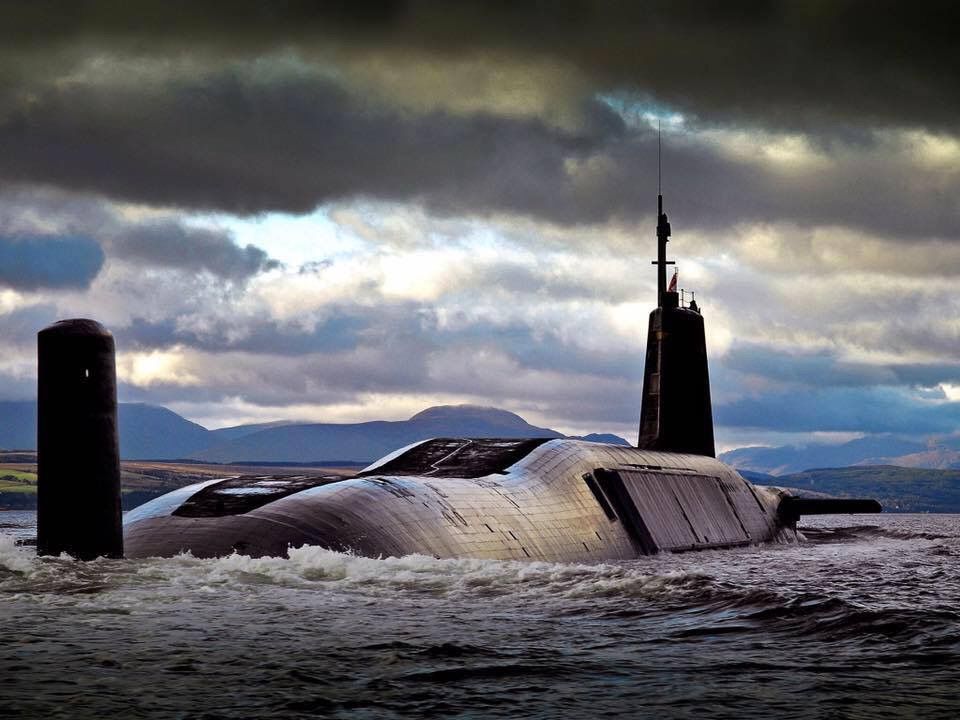
Nuclear submarines are the most complex machines ever built and can take time to get ship shape and ready for operations, no matter how carefully we plan the maintenance, but eventually the day comes when we secure the missile system, surface and are able to tune into Irish TV as we approach the UK and make our way back to Faslane.
Once the reactor is shut down and the mechanical and electrical umbilicals are established to maintain the steel beast's operation and ensure coolant flow through the reactor, we hand the boat over to the opposite crew. Then it’s home to learn how to live normally again. For our opposite crew, a new cycle starts and the clock is ticking down for them. 170 more men and women at sea, waiting in the deep to come home.
Why is the deterrent still relevant?
Underwater, the cold war never ended. It quietened down for a few years before Russia started rearming its submarine fleet, fuelled by oil and gas revenue. Russian state-controlled media such as the broadcaster “RT” regularly broadcasts propaganda programmes where correspondents such as Margarita Simonyan, editor-in-chief of RT, advocate the bombing of London, Paris or other western cities. The deterrent is exactly that- a deterrent to these threats.
The Atlantic is as busy as ever as we continue to play hide and seek from patrol aircraft, satellites, friendlies and the not so friendly. We live and work in our unique steel bubble, hidden in the deep ocean.
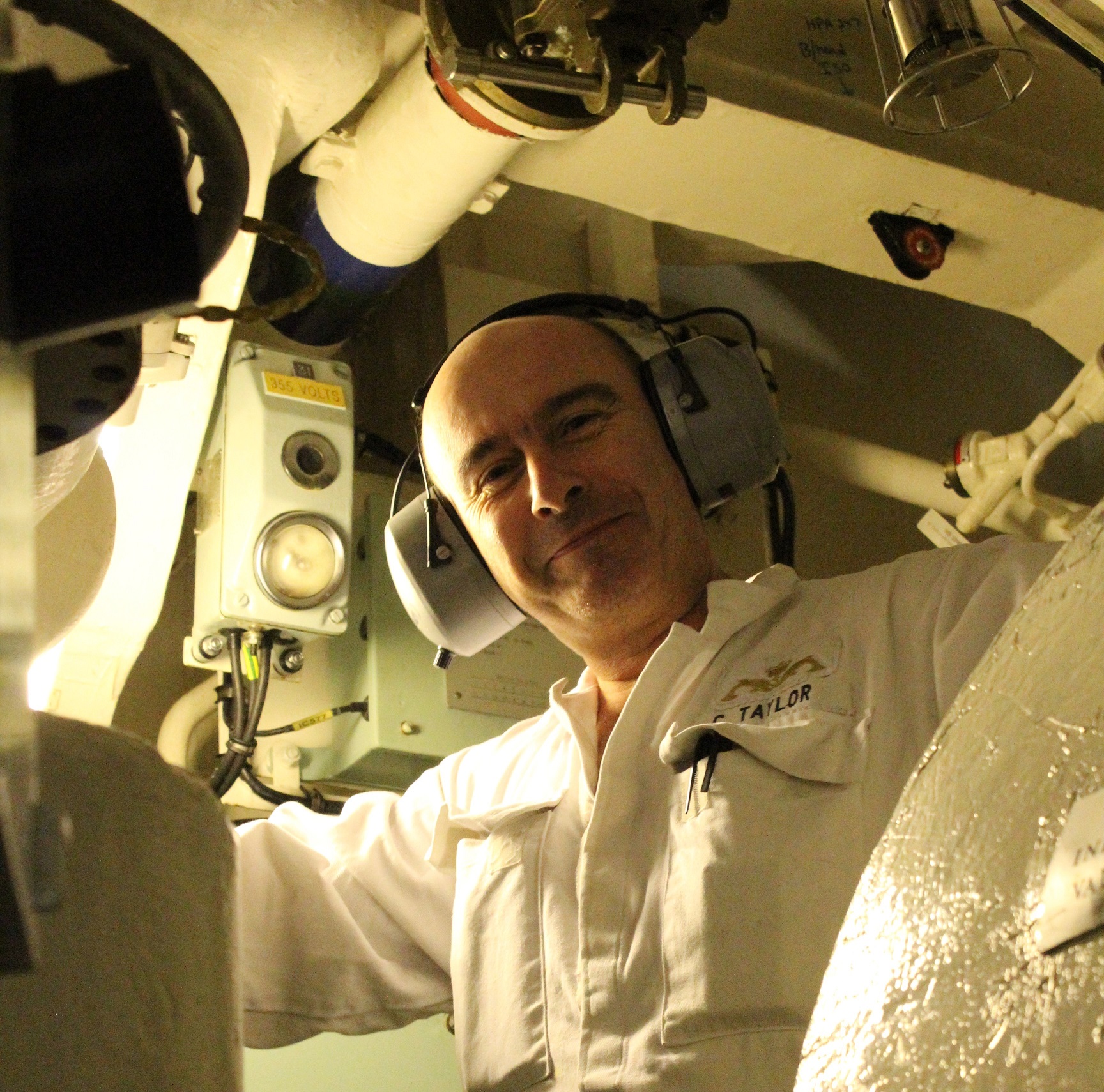
As for me…
My last deterrent patrol was in 2019, and my time at sea is done. 24 patrols were enough for me and besides, the Kilchrenan Inn beckons! I will see out my remaining 18 months in uniform as a support engineer, managing the nuclear and heavy engineering requirement for another V boat, keeping her maintained to carry on her missions until the new Dreadnought class take over. Operation Relentless, our ‘special military operation’, continues into the next decade- a sad but necessary truth.
